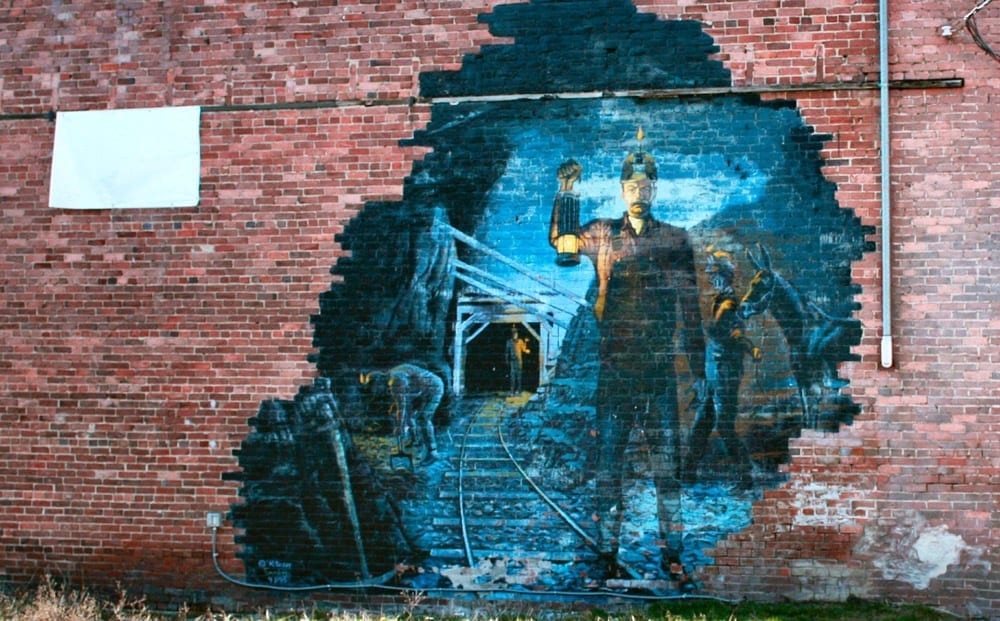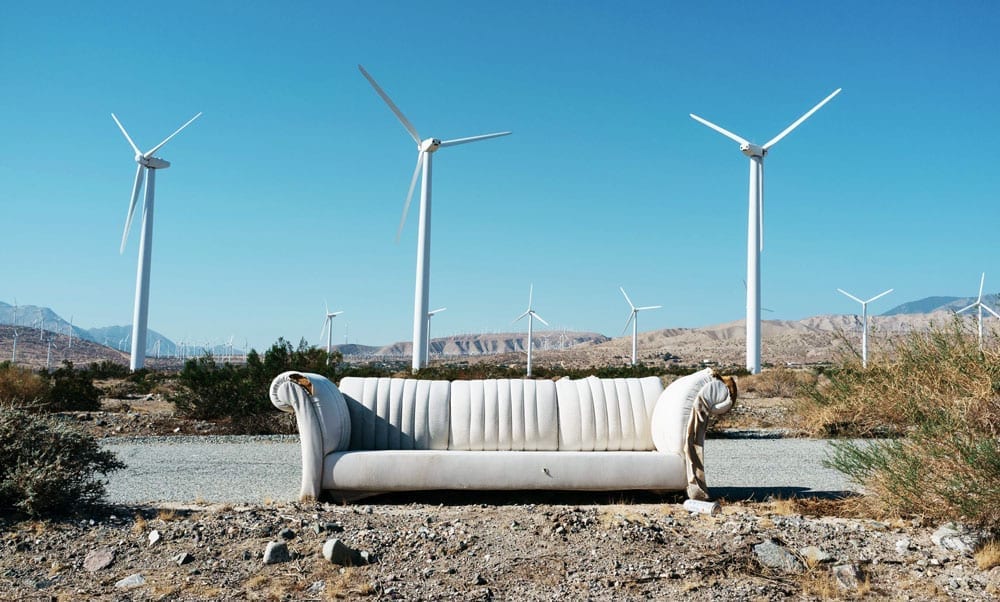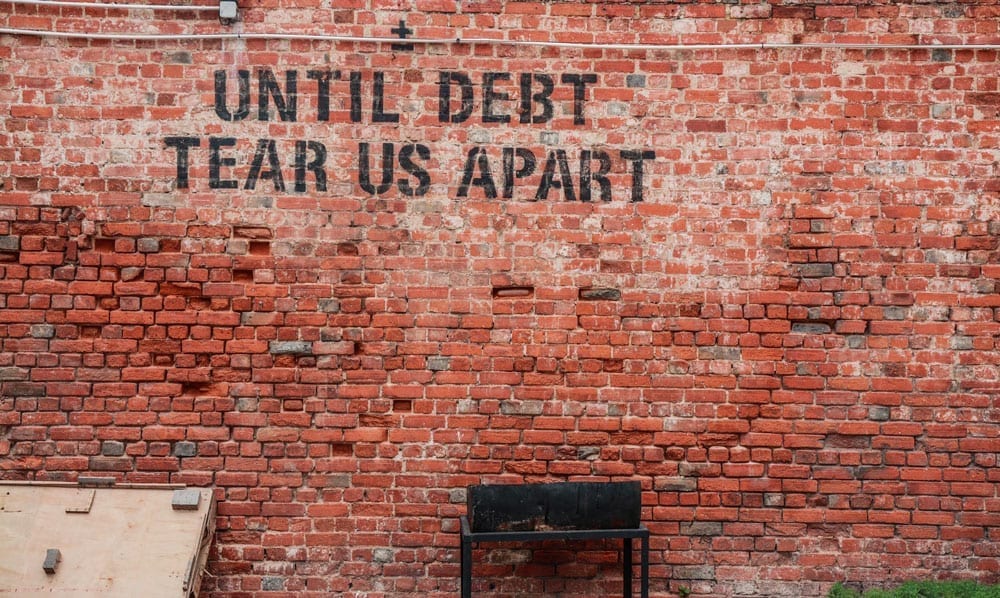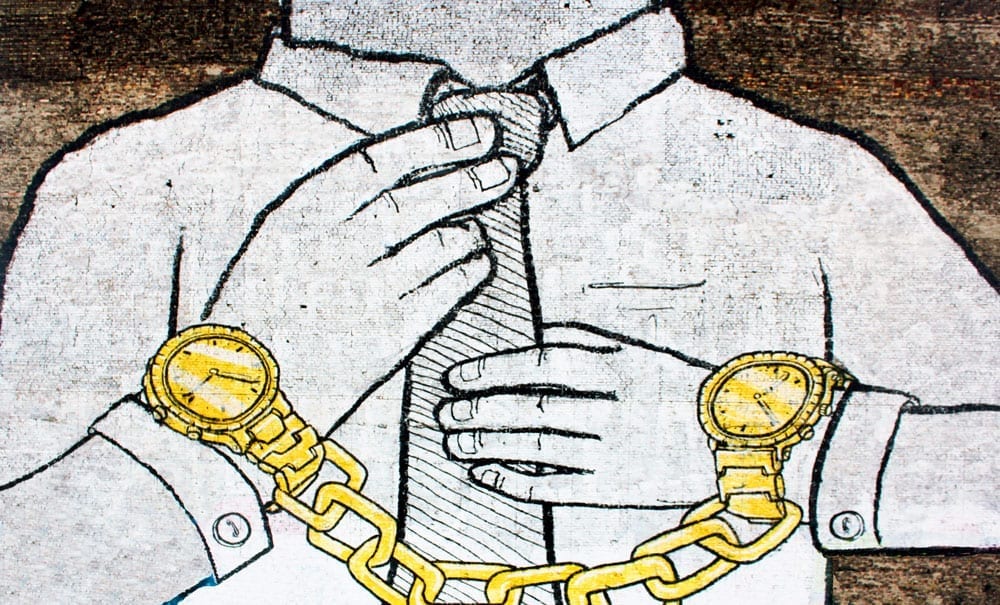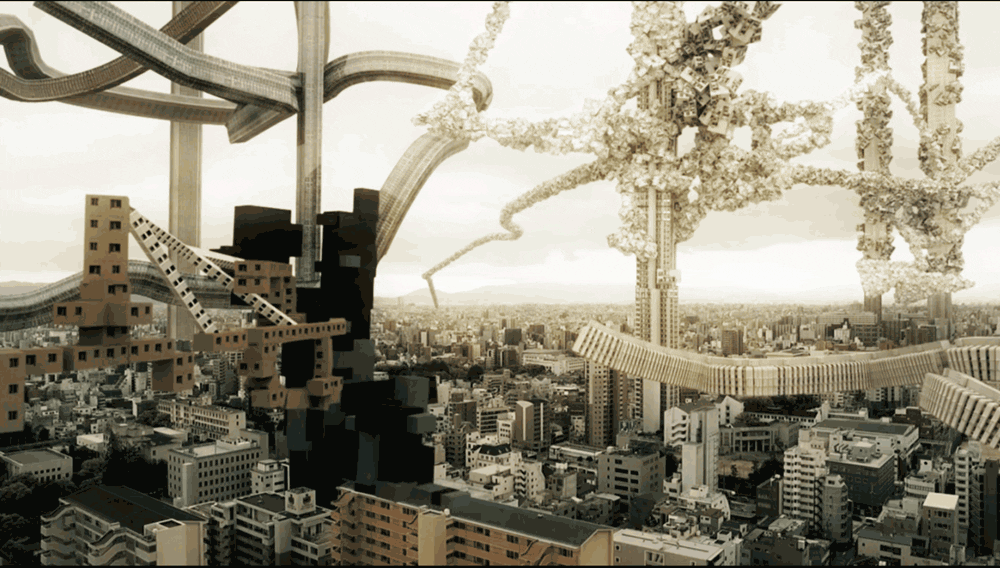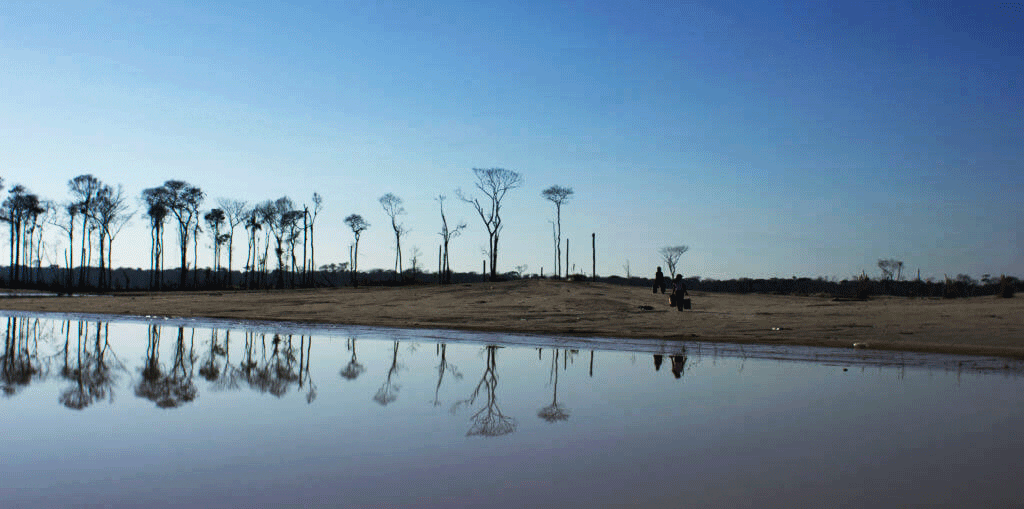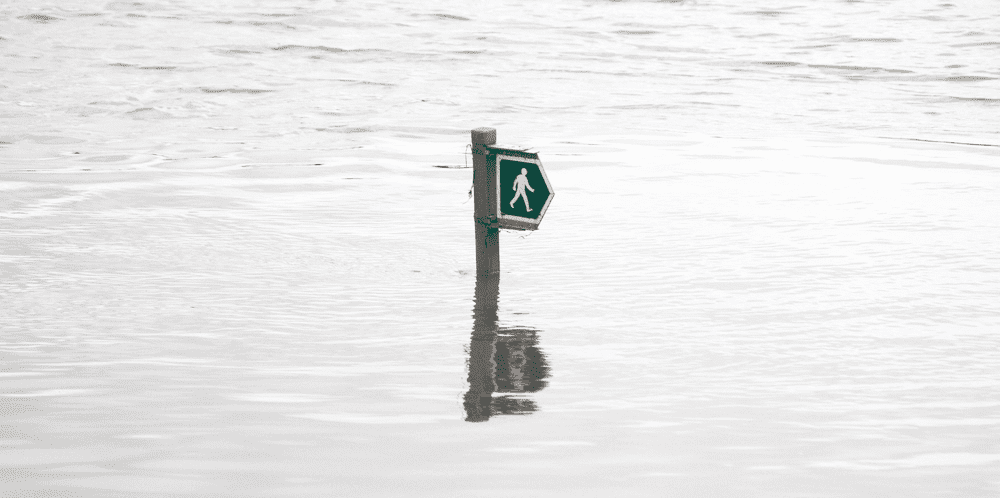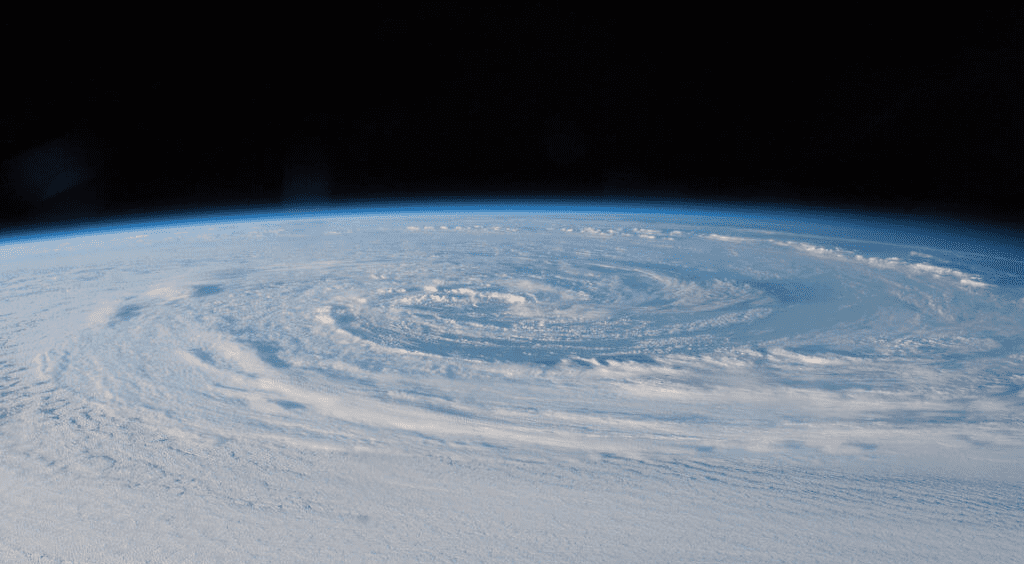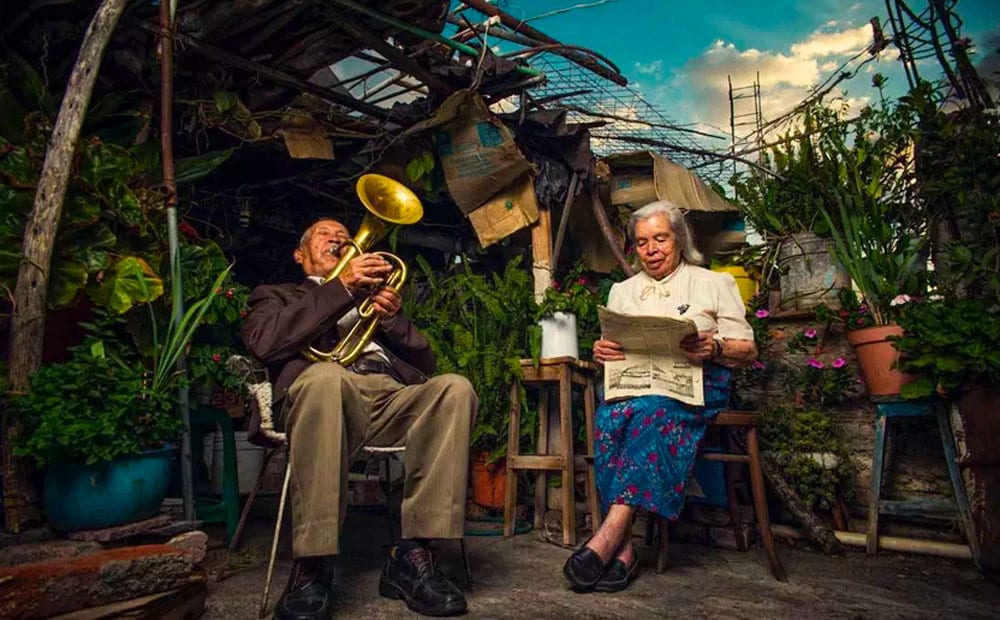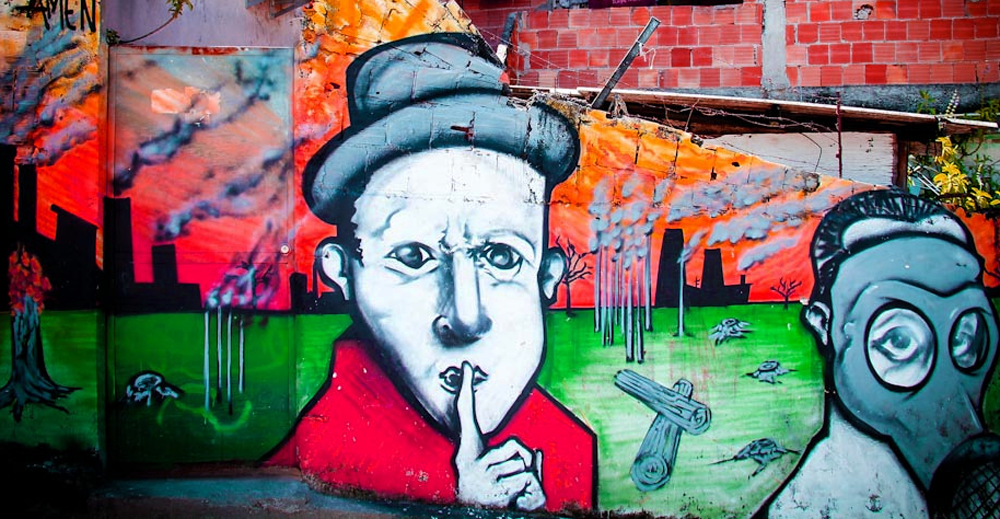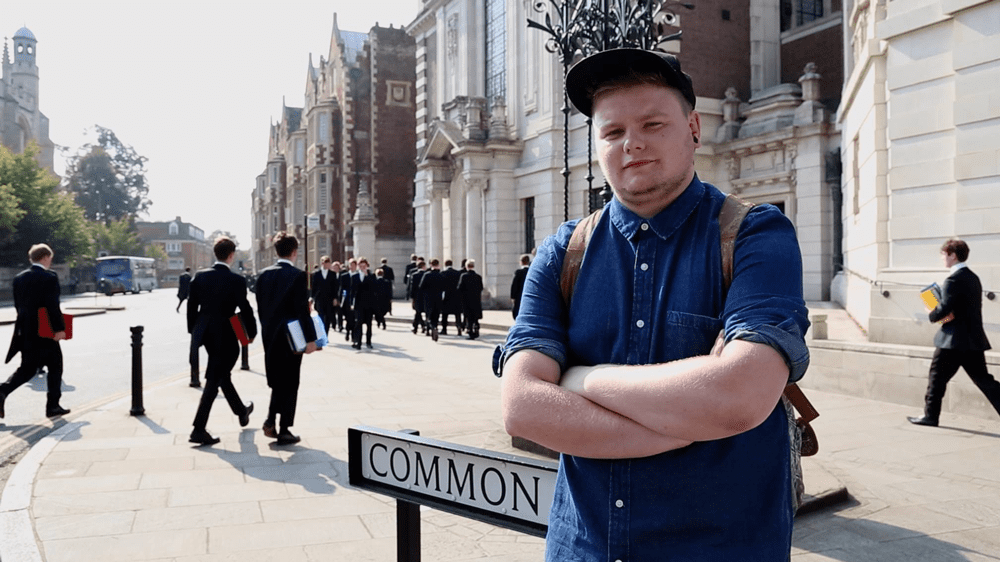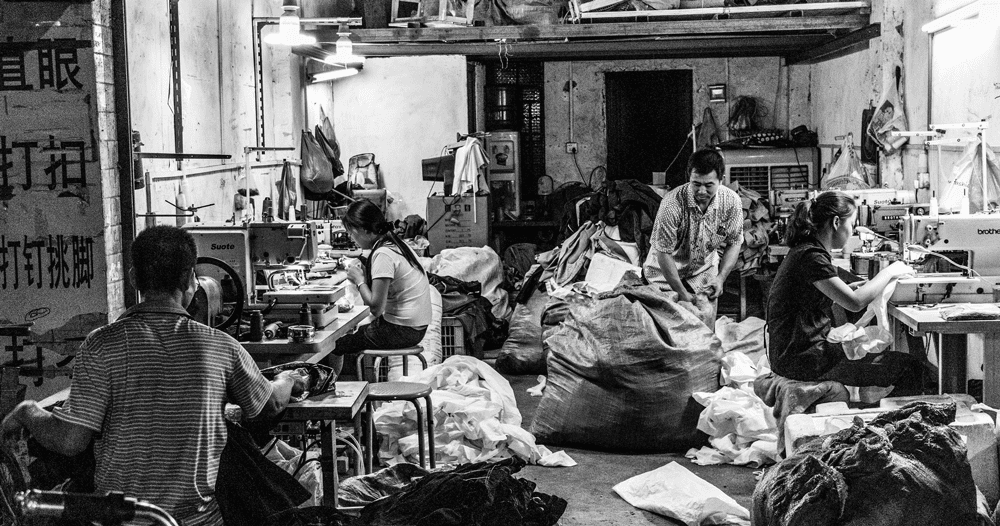BLOG
The way we pay attention affects our wellbeing and our relationships. But it also connects to our freedoms, our political decisions and our deeper sense of purpose. This post considers: what is the link between our attention and our prosperity?
What is the future of work in a world of social and environmental limits? Drawing lessons from utopian fiction, and introducing the latest CUSP working paper, Simon Mair wonders if we can avoid ending up in the Hunger Games.
How will people live enjoyably and meaningfully in a world of less economic growth? Do the care, craft, culture and creative activities which CUSP is exploring offer a promising alternative prosperity? Behavioural psychologist Alison Kidd recently studied the activities of 325 UK people to find out what they found enjoyable and meaningful to see if she could get clues.
Leisure doesn’t always make business sense, and success doesn’t mean turning a profit. Against the logic of expansion and abundance, Stoke has something major metropolitan cities do not, Mark Ball finds. His research looks at the connections between leisure, wellbeing and sense of place — and currently involves playing a lot of darts
From stranded to enabled workers — the transition to renewable, low carbon economies is a huge opportunity to create more stable, healthy sources of employment, a new Agulhas report finds, but it needs smart management. CUSP Fellow Lucy Stone is highlighting some of the key findings.
Can renewable energy supply grow rapidly enough to both, cover societies growing energy needs and displace fossil fuel use sufficiently to keep carbon emissions below some “safe” level? — the leading question of a recent CUSP paper in Ecological Economics. In this blog, Martin Sers is summarising the findings.
Few people understand how money works, and yet it has a vital part in our lives. In her new theatre play ‘Balance’, former Positive Money consultant Shirley Wardell tries to address this issue by making the topic relevant to people who watch the play — and to those who act in it.
One of the research projects within CUSP is concerned with how wellbeing can be enhanced through immersing oneself in challenging activities, leading to a state of ‘flow’. BBC Four’s recent MAKE! Craft Britain programme is a perfect showcase of that concept. The programme is connecting people to traditional crafts, past and present generations — and, importantly, to those with whom we are crafting.
Tim Jackson introduces his CUSP working paper ‘The Post-Growth Challenge’, in which he discusses the state of advanced economies ten years after the crisis. Our attempts to prop up an ailing capitalism have increased inequality, hindered technological innovation and undermined stability, he argues.
‘Utopias’ is one of the cross-cutting themes in CUSP, spanning our various research programmes. In this blog, Will Davies is reflecting on what the concept of utopia can offer in terms of its prefigurative potential, and how it is informing our interdisciplinary research.
Ten years after the financial crisis, inequality in advanced economies is still rising. Tim Jackson presents the findings of a new CUSP working paper to explore potential solutions.
How should we understand the relationship between nature and society, now that we have entered that condition known as the Anthropocene? Two new books offer radically opposing views on this question—though, as Richard Douglas finds, both remain prisoners of post-Kantian metaphysics.
The green economy of the future will be shaped by the innovative enterprises emerging today. But picking the winners of tomorrow is notoriously difficult. Small entrepreneurial businesses wanting to contribute to the transition to a low carbon and sustainable economy may have the desire to scale up, but without the trading track record or the assets for collateral, they may be turned down by banks and other investors.
If the Anthropocene had an intellectual mixtape, The Ends of the World would be a worthy candidate, Jana Bacevic finds. The book presents perspectives on the end of the world beyond the Western-centric view, to include those for whom the world has already ended; providing valuable lessons.
Fifty years on from Robert Kennedy’s historic speech on the limitations of the GDP at the University of Kansas in March 1968, Tim Jackson reflects on the failings of measurement and vision which still haunt both economic policy and our everyday life.
The Green Investment Bank (GIB) was the UK government’s flagship programme for the green economy. Investing into longterm low carbon infrastructure projects, it was set out to lead by example and attract private funds to follow suit. But what do we know about its actual impact?
Any economics that defines the time given to human interaction as negative productivity has lost the plot, Alan Simpson writes in his guest blog. The economy of tomorrow must be built around people and their inbuilt kindness and decency.
Most of us feel it: the future doesn’t look too bright. Dark future visions such as the Black Mirror series feed into our anxieties; the global news and climate change discourse create further avoidance. What we need, Denise Baden argues, are positive visions that allow transformative solutions to be showcased and played out—a kind of product placement for sustainability.
These are turbulent times, the fault lines within modern capitalism are widening. Yet, Will Davies finds, where one economic model becomes less certain, we can open up a much wider range of questions about what progress, prosperity and welfare actually mean: this is the right moment to interrogate the meaning and moral dimensions of prosperity.
The electorate are not asking their representatives to act on climate change, research by CUSP fellow Rebecca Willis indicates. This presents a fundamental dilemma for politicians who understand the urgency. How can they square this circle?
Sustainable infrastructure is key to the low-carbon transition, Michael Wilkins argues in this guest blog — it mitigates the effects of climate change and helps protect communities from its impact. Unlocking private finance for this will be vital.
What if geoengineering were envisaged as a utopian project of care? Oliver Morton’s The Planet Remade is a call for enlightened readership. It is an invitation to step up our thinking on the ethical questions around geoengineering.
Risk is our society’s dominant way of governing the future in order to tame uncertainty. This is the case not only for financial crises but also for our responses to global environmental crises. The dominant risk management approach focusses on the prospect of financial devaluation and instability induced by climate change. But the kinds of calculation that are ultimately most pressing relate to how we might consider the financial system as an ecological regime itself.
What can prosperity possibly mean in a world of environmental and social limits? This question lies at the heart of CUSP’s five year research programme on sustainable prosperity. We wanted to know how ordinary people in different contexts might answer this question, so we set out to ask them. What we found was fascinating.
While some investors put pressure on some companies to act in a more sustainable or socially just way, as yet this is at the margin. In this post, Charles Seaford suggests that this pressure could move centre stage, and that changes to, and clarifications of, fiduciary duty could play a part in this.
Early December 2017 Stoke-on-Trent was one of four cities not to win the title of UK City of Culture 2021. This may have been drowned out by the ongoing noise of European Capital of Culture uncertainty, but it was big news for Coventry who now follow Hull and Derry~Londonderry to hold the award. In this blog, Mark Ball is reflecting on not winning City of Culture.
Christmas is the season of shallow critique, Jonathan Rowson finds. We lament the commercialisation around us as if it were a seasonal problem, but lurking inside the wrapped presents, juicy puddings and roasted birds there are deeper questions about ethical drift and the social logic of our entire economic model.
On 13 November 2017, the APPG on Limits to Growth hosted an evening debate at the House of Commons, to celebrate the 40th anniversary of the publication of Social Limits to Growth by Fred Hirsch. Caroline Lucas and Tim Jackson reflect on the continuing relevance of his ground-breaking work.
The concept of ‘degrowth’ is politically infeasible, according to a recent article by Branko Milanović. In this blog, Simon Mair argues that ‘degrowth’ is no less unrealistic than the alternatives.
The latest documentary from D O’Neill and M Wayne highlights the barriers faced by working class actors attempting to pursue cultural work. The film exposes the fraudulence behind some of the central tenets of neoliberal meritocracy, Anthony Killick finds, particularly the idea that arts and cultural jobs are equally accessible to all on a “level playing field”.
Forty years ago, Fred Hirsch pointed to a crucial flaw in the emphasis on growth as a central objective in western economies. His seminal book made the case that in addition to ecological limits, there are important social constraints at play. In this blog, his son Prof Donald Hirsch is arguing that these limitations became ever more relevant today.
George Monbiot has produced an encouraging manifesto for political transition to a happier, more sustainable world. Yet, Richard Douglas finds, his vision of the good life is undermined by an unresolved tension surrounding ideas of individualism.
We need a more conscious society, CUSP fellow Jonathan Rowson finds, and work “towards a level of depth, insight and abstraction that connects human nature and experience with societal meaning and purpose”—in the context, he writes, of a shared curiosity towards reality as a whole.
Remember trickle-down theory? It’s the rose-tinted notion that economic growth is the only way to bring poor people out of poverty and reduce the inequality that divides society and undermines political solidarity. It’s not working and our choices are clear: Either we endure the rising instability and fractured politics of a deeply unequal world, or we build a new vision of a shared prosperity.
The people who make our clothes are paid very low wages. We instinctively feel that this is unfair, but it can be hard to articulate why this is. Even harder, is saying what can be done about it. Summarising his recent journal article with Tim Jackson and Angela Druckman, Simon Mair uses the living wage as a basis for claims about fairness, and discuss regional collective bargaining as a solution to unfair wages.





